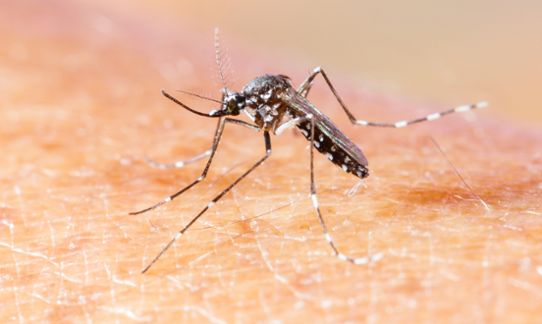Researchers will combine data from models for climate change and disease-spreading in order to study how seasonal patterns and long-term changes in the climate will affect the conditions for various types of diseases. The analysis shall also incorporate parameters such as people’s activities in natural environments during different seasons. This will generate new knowledge that will help to prevent the risks of the spreading of diseases.
Focus on three risks of infection
The research will focus on three different areas of risk.
The tiger mosquito originated in subtropical regions, but has begun to spread all around the world. The research will investigate whether conditions could exist for it to become established in Sweden, thereby being able to spread such diseases as Zika, Dengue fever and West Nile fever.

The research project will also study seasonal and future risks for infection with the tick-borne Borrelia bacteria in Sweden and Europe.
It will also investigate whether there are any seasonal or climate-sensitive patterns for COVID-19 in Europe.
Advanced data analysis
“We will have an extremely large set of data for this analysis. We will therefore use different types of artificial intelligence in order to identify trends and patterns that could be difficult to find with other methods”, explains Torben Königk, who is a climate researcher at SMHI’s Rossby Centre.
Professor Joacim Rocklöv from Umeå University is leading the three-year project, which also includes representatives of SMHI, Lund University and the European Centre for Disease Prevention and Control (ECDC). The project is being financed by Vinnova.